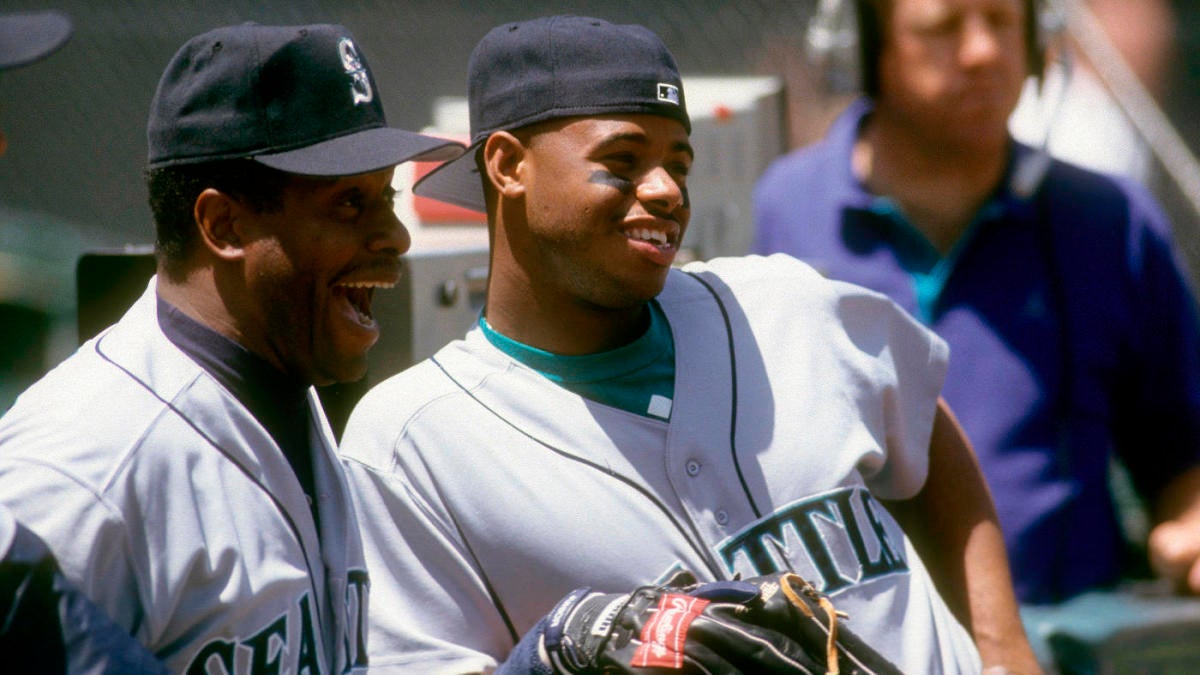
Hello, Ready To Dad Crew!
It's great to have you here!
If you love what you read today in this newsletter and aren’t already subscribed, you can sign up below.
If you’re already subscribed, enjoy, and until next time, have a great time with your family!
In This Week’s Newsletter:
In This Week’s Newsletter:
Quote of The Week -
Javaree Talks -
In The News -
IN THE NEWS
JAVAREE TALKS
Until last week, the NBA had never witnessed a father-son duo playing simultaneously. The potential history-making moment of LeBron James and his son Bronny James becoming teammates on the Los Angeles Lakers this upcoming season is a unique and inspiring event that underscores the profound impact of a solid father-child bond.
Such moments emphasize the importance of bonding with our children.
What is the Foundation of Attachment Science? Attachment science, developed by John Bowlby and Mary Ainsworth and which I cover with my dads in my coaching practice, explores how early relationships with caregivers shape a child's emotional and social development. Secure attachment forms when children feel safe, understood, and valued, leading to confidence and emotional stability.
Why Secure Attachment Matters:
Emotional Regulation: Children with secure attachments learn to manage their emotions effectively. They feel comfortable seeking support during distress, which helps them develop resilience.
Social Skills: Securely attached children tend to have better social skills. They are more empathetic and capable of forming healthy relationships with peers.
Self-Esteem: Feeling valued by their caregivers fosters a strong sense of self-worth in children. This positive self-image encourages them to explore their environment confidently.
Cognitive Development: A secure bond provides a safe base for children to explore and learn. This exploration is crucial for cognitive development and problem-solving skills.
Future Relationships: Early attachment experiences influence future relationships. Securely attached children are likelier to form healthy, trusting relationships as adults.
How to Foster Secure Attachment:
Consistent Presence: Being physically and emotionally available helps children feel secure. Respond to their needs promptly and consistently.
Positive Interaction: Engage in meaningful interactions, including play, conversation, and shared activities. This builds a strong emotional connection.
Empathy and Understanding: Acknowledge and validate your child's feelings. Showing empathy helps them feel understood and valued.
Safe Environment: Create a secure, predictable environment where children can explore without fear. Establishing a consistent daily routine and setting clear rules and expectations can provide a sense of security. Set clear boundaries and provide reassurance.
Encourage Independence: Support your child's independence while maintaining a secure base they can return to. A 'secure base' is a term in attachment science that refers to a caregiver who provides a safe and secure environment from which a child can confidently explore the world. This balance helps them develop confidence and autonomy.
The story of LeBron and Bronny James highlights the magic that can happen when a solid father-child bond is nurtured. Fostering a secure attachment lays the groundwork for our children's emotional health, social skills, and overall well-being. This bond, built on trust and understanding, is essential for nurturing a resilient and confident child.
DAD JOKE OF THE WEEK
Why can't you hear a pterodactyl go to the bathroom?
.
.
.
.
.
Because the 'P' is silent!

Thank you for sharing your time with me, Stay Ready To Dad, and have a fun weekend!


:max_bytes(150000):strip_icc():focal(748x233:750x235)/patrick-brittany-mahomes-bronze-sterling-instagram3-062924-932f9bead52145a5b4015a05c0e73a17.jpg)

